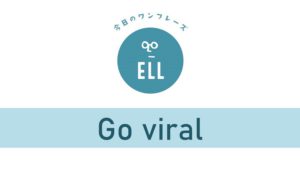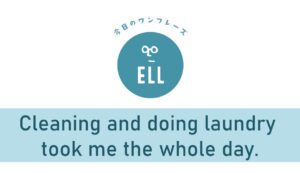
The topic I am going to look at today is 'is the internet affecting our intelligence?'. I am neither a psychologist nor a neurologist so I can't really say much about how the internet is truly affecting our brains and level of intelligence, but in recent times I have been growing more and more concerned about the impact of the internet on the information people have and the things they believe. It is becoming increasingly more and more difficult to know what is and isn't true. The internet contains a lot of helpful and interesting information, but it is also full of a lot of utter nonsense, which, due to advances in technology, is starting to look more and more like legitimate information. Nowadays, photos can be easily edited, and videos can be easily changed. This means that it is easily within people's reach to make photos look like something happened that didn't really happen, or make videos look like someone said something that they didn't really say.
This manipulation of reality into lies that look real is truly terrifying, but the internet is rife with such things, and it is getting harder and harder to tell the difference between what is real and what is fake. To make matters worse, the internet enables people to share this kind of content to literally millions of others within seconds, meaning that false information can spread like wildfire. The more people believe something, the more likely it is for others to also accept it as truth.
As truth, fact and reality get harder and harder to tell the difference between and are distorted more and more, this will affect our intelligence in the sense that many of us will be believing things that aren't true. Some may turn to so-called 'fact checkers' to help, but unfortunately not even these sources of information can be fully trusted or believed. We are really in quite a pickle. To be honest, I can't believe how much fake information is being spread on the internet already.
Take my Facebook feed for example. There have been some instances when I have come across very legitimate-looking news articles on my Facebook feed, but when I have looked online to see if the same story is being told by other news websites, I have discovered that the article was fake. It looked like a real article, but it was actually just some made-up nonsense. Why do people write these fake articles? Do they get some sort of pleasure out of tricking others? Were they never taught that it is wrong to lie? While the existence of these articles is concerning, what is more concerning is that many people will not try to confirm as best they can if the information is true, but they will take it at face value and talk to others about it as if it is true. Therefore, the spread of incorrect information continues.
Fake information on the internet can impact adults and what they believe, but thankfully most adults have a good basic general knowledge from their schooling that took place before the explosion of fake information on the internet. Because of this, this offers at least some protection. However, the same cannot be said for the children of today's world, who are being bombarded with fake nonsense on the internet at the very time they are building their general knowledge of the world. Just recently I watched a BBC news story about fake science videos that are rife on YouTube at the moment. They look and sound like legitimate science videos, but they teach nonsense like lightning bolts shooting out of the pyramids in Egypt. In the news story, some students were shown some of these videos and if I am remembering correctly, all of the students, or at least most of them, believed the information without question. I remember one student stating his surprise that lightning bolts could shoot out of a pyramid as he didn't know that was possible.
While YouTube can be a good and entertaining source of information, unfortunately these kinds of videos containing false information can be offered as viewing suggestions following a legitimate science video, meaning that children can easily end up watching them and accepting them as truth. Do I think that being exposed to such legitimate-looking nonsense at such an impressionable age is going to affect children, their intelligence, and their understanding of the world? Yes, I most definitely do. Something needs to be done about this 'war' being waged on facts that the internet is enabling before it is too late.
Belinda
Vocabulary
utter (adjective) – used to emphasize how complete something is
rife (adjective) – very common; widespread [usually used to refer to something unpleasant or undesirable]
spread like wildfire (idiom) – to become known by more and more people very quickly
in a pickle (idiom) – in a difficult or unpleasant situation
at face value (idiom) – to believe that something is what it appears to be, without questioning it
bombard (verb) – to cause someone to face or deal with a large amount of something at one time (ex: questions, criticisms, information, etc.)
英語学習をフルサポート!
マンツーマン&コーチングの英会話教室























